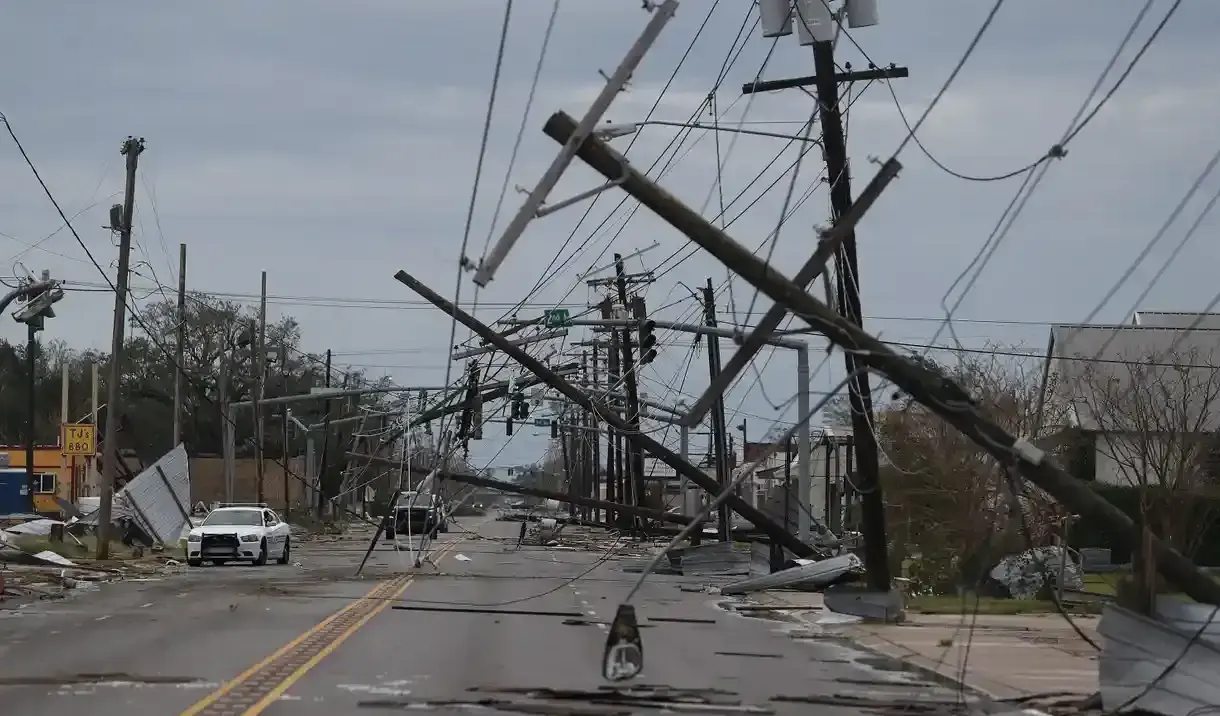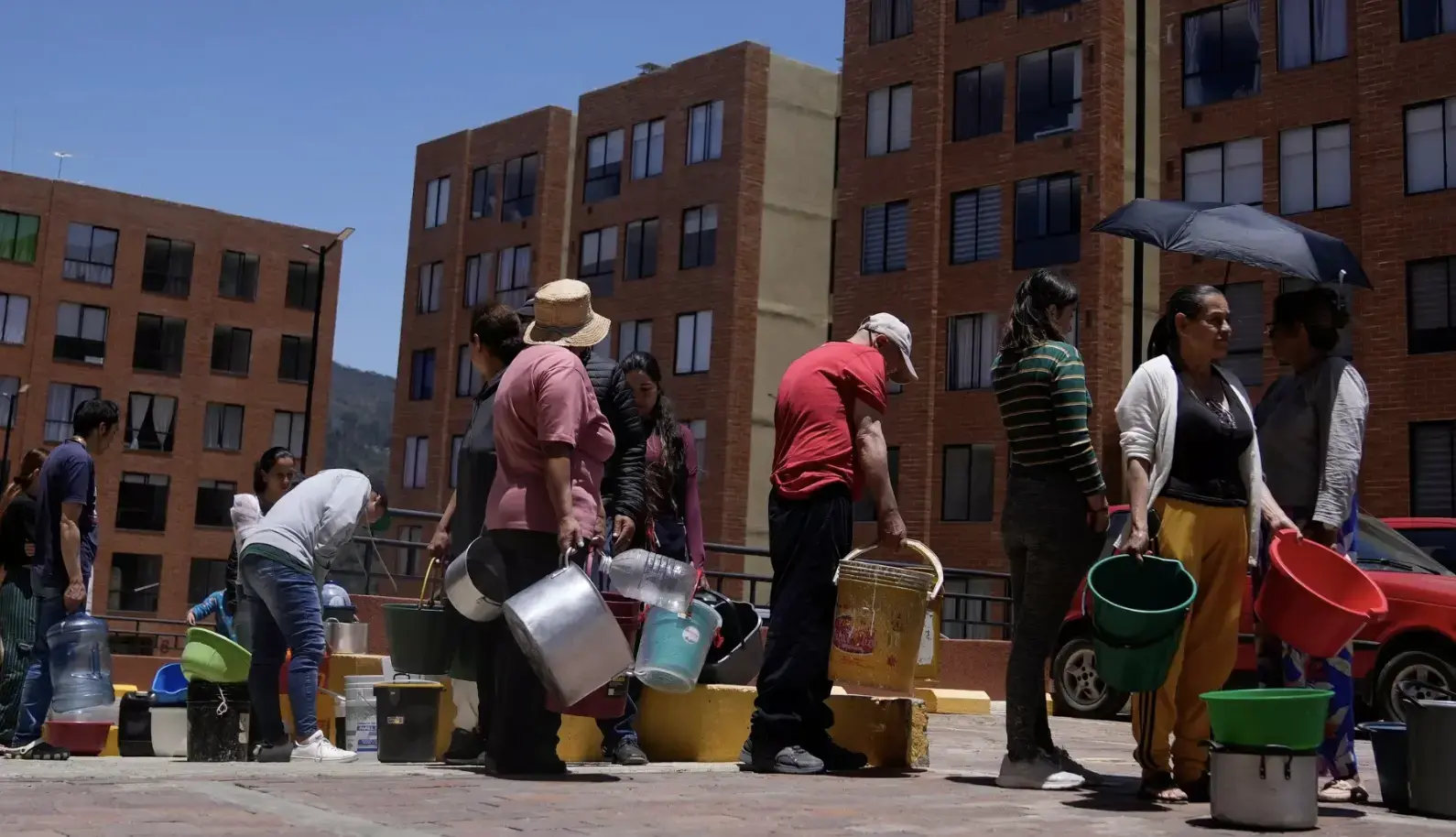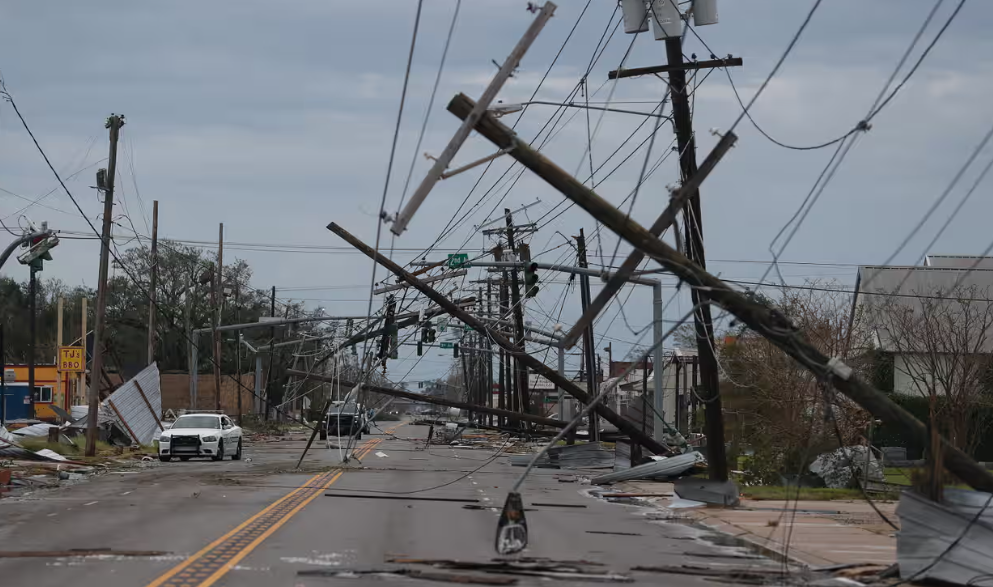· 5 min read
The tiny Pacific island of Tuvalu comprises 9 islands and just under 12,000 people. It’s best known for earning a twelfth of its GDP from licensing the .tv url domain. But in December 2022, it was in the news for a different reason. It announced plans to build a complete digital twin of itself in the Metaverse. That will be a life-sized rendering of the complete physical features of the 9 islands and its unique culture and language. It’s the natural next step from the digital twins of factories, ports, airports, malls, hospitals, stadiums, automobiles, military technology, solar farms and wind farms that we see today.
The ostensible purpose of Tuvalu’s digital twin is that, in the event of rising sea levels submerging this vulnerable nation, its 12,000 citizens can physically live elsewhere while preserving their memories of their homeland in the Metaverse.
But to take this as an indication that our future is in the Metaverse is to miss the whole point.
I believe that the real point Tuvalu is trying to make is, don’t let this be our only option. We would rather live in a world where the global community does what is necessary to ensure that such a catastrophic sea level rise will not happen and our country (and many like it) will continue to exist physically.
The biggest reason why digitalizing our whole world is not a sustainable solution is that the Metaverse itself generates enormous carbon emissions. This is a real-world impact of something that otherwise exists only virtually. U.S. Senator Elizabeth Warren (D-MA) and EU Parliament member Eero Heinäluoma are among the many who have voiced concerns about the environmental impact of the Metaverse.
The Metaverse in its intended form is real-time, responsive, immersive, interactive and scalable. Each user’s current state will need to be remembered after logout and recreated when that user logs back on. This means massive data and compute requirements. Even Netflix which simply streams 2D video content needs a large number of data centres in every corner of the world to stream video data without delays to its hundreds of millions of viewers. Imagine needing to serve real-time 3D content without discernible delays to billions, and you’ll understand the sheer impact the Metaverse will have on real-world carbon emissions.
That’s not all. Many metaverses (individual small-m metaverses like Roblox, Decentraland and Axie Infinity that will constitute the intended final big-M Metaverse) depend on cryptocurrency. For example, gaming platform Roblox has its proprietary Robux cryptocurrency and the popular game Axie Infinity has its own AXS Shards which are their only accepted in-game currencies. These are in addition to the most well-known cryptocurrencies like Bitcoin and Dogecoin. The barrier to entry for creating a new cryptocurrency is low and anyone with enough time can learn how to do it.
Regardless of which cryptocurrency we are talking about, mining each coin generates carbon emissions. Minting non-fungible tokens (NFTs) which are often used as gamified objects is also highly carbon intensive. Buying and selling the coins and NFTs also generate emissions. The emissions are significant enough that NFT marketplaces like OpenSea charge transaction fees that are literally called gas fees.
There are efforts to reduce these carbon emissions such as the Merge event in September 2022 in which the Ethereum Blockchain (where the ETH cryptocurrency and 95% of the world’s NFTs are minted) migrated its entire platform from the Proof-of-Work protocol to the Proof-of-Stake one which is more carbon efficient by a factor of thousands. However, the kind of scale of the intended Metaverse will still require an enormous number of cryptocurrency coins and NFTs to be minted, which will generate enormous total emissions even if the emissions per coin or NFT is low.
Another likely environmental impact of the Metaverse is the electronic waste that will be generated. Headsets and haptic feedback devices will be created in their hundreds of millions and they will all need to be disposed of. This will add to the already humongous waste from the disposal of computers, phones, tablets and smartwatches that we see today.
And then, there’s the simple fact that we need a livable real world that provides sustenance even before we can think of escaping into a virtual world. Surely, we don’t want to emulate the post-apocalyptic world of Ready Player One in which climate change has turned the real world into a desolate wasteland and billions escape into the Oasis while continuing to let the real world deteriorate.
This is why we need to see Tuvalu’s efforts in the correct light. It’s in the same spirit as when Tuvalu Foreign Minister Simon Kofe addressed the COP26 summit in November 2021 remotely while standing knee-deep in seawater. Or when the Maldives Parliament held an underwater meeting in 2009. It’s a call to arms to the rest of the world to prevent catastrophic sea level rise, not an attempt to accept that sea level rise and exacerbate it through a carbon-intensive escape plan into the Metaverse.
By taking this in the right spirit and accelerating all our efforts to fight climate change, the rest of the world (which has 8 billion people as opposed to just the 12,000 of Tuvalu) has a chance to save not just Tuvalu, but all of us.
illuminem Voices is a democratic space presenting the thoughts and opinions of leading Sustainability & Energy writers, their opinions do not necessarily represent those of illuminem.






